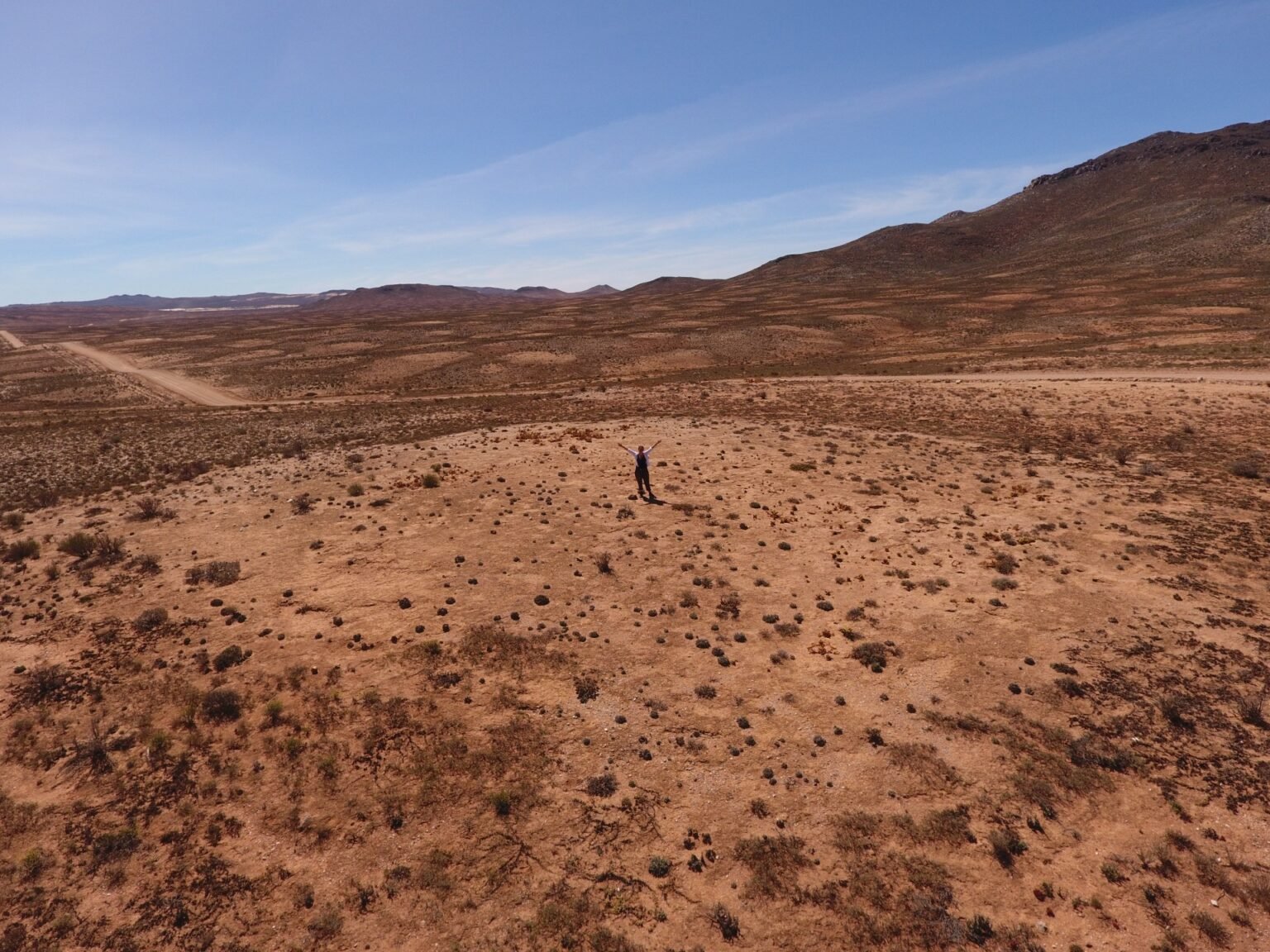In Buffelsrivier, Stellenbosch University soil scientists Clarke and Francis are studying the salty groundwater in the area. They observe termite nests to understand their role in the ecosystem. Termite colonies are found to be ancient, with radiocarbon dating showing some nests to be at least 34,000 years old. These termites play a crucial role as ecosystem engineers in creating unique habitats in the Namaqualand region. They redistribute organic matter in the soil, benefitting plant species and contributing to the region’s biodiversity.
The researchers accidentally discover that the termites also play a role in the hypersaline groundwater in Buffelsrivier. Mineral salts in the groundwater are a result of termite activity, with salts from mounds being flushed into the groundwater during rain. Their study reveals that termites act as a long-term carbon sink by storing organic carbon deep in the ground, reducing carbon release into the atmosphere. The breakdown of termite excrement leads to the formation of calcium carbonate, further locking carbon in the soil for thousands of years.
Despite termites being commonly viewed as pests, Clarke and Francis advocate for recognizing their important role in combating climate change. They believe that termite activity should be included in carbon models to better understand global carbon dynamics. Their research sheds light on the significant contributions of termites to the environment and highlights the need to shift perspectives on these insects. The entomologist Midgley agrees, emphasizing the diverse and fascinating ways termites promote biodiversity.
The study of termite nests in Buffelsrivier challenges previous notions of termite colony age. With radiocarbon dating revealing colonies as old as 34,000 years, Clarke and Francis emphasize the need for further exploration of termite activity around the world. They express a fascination with the insects and their intricate societies, highlighting the potential for more discoveries in understanding their role in ecosystems. A follow-up project is underway to investigate the mechanisms of carbon sequestration in the Namaqualand heuweltjies, involving a multinational team of researchers.
The researchers’ work highlights the often overlooked importance of termites in ecosystem dynamics. Termite colonies in Namaqualand demonstrate their role as agents of carbon sequestration and biodiversity enhancement. With the support of international funding, the project aims to delve deeper into the mechanisms by which termites contribute to carbon storage in the soil. The study underscores the necessity of recognizing and studying the contributions of termites as vital components of ecosystem health and resilience.












